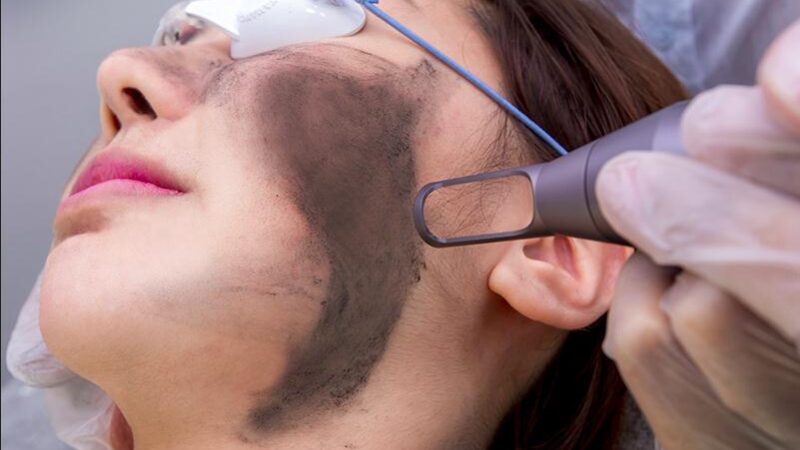How to Control Food Addiction

Food addiction is a serious problem that affects many people. It can lead to obesity and other health problems, but it doesn’t have to. If you feel like your life is being consumed by food, or you’re just not sure if you are addicted, this article has some tips to help you get on the right track.
What is Food Addiction?
Most people have been in a situation where there was no food available when they were hungry or even starving. With the invention of junk foods, it is common to see people who eat too much and cannot control their eating just because of hunger because they can get something to eat easily and quickly. In fact, some individuals find it difficult to stop eating irrespective of the quantity available, and people with food addiction may eat in excess even when they are not hungry.
A lot of research has been conducted on junk foods that attract people to continue eating despite feeling full. However, junk foods contain low-quality energy-dense ingredients such as added fats, trans fats, carbohydrates, and refined sugars, which are high in calories.
Addiction is characterized by a lack of control around eating, binge eating, and emotional distress after eating. Added sugar or fat-enhancing foods that are not essential to one’s diet may predispose an individual to food addiction. The discussion on whether or not it is advisable to stay away from certain food products has been going on for several decades now. While some people believe that food addiction exists, others believe it does not exist because most professionals do not recognize the signs of food addiction.
How To Control Food Addiction
1. Identify the Trigger
An individual has to make an effort to identify what triggers his or her eating habits. An example of a trigger could be stress, feelings of boredom, depression, or anxiety. People have different reactions to the same situations, and that is why it is important for each person to identify the cause of his or her overeating. Once an individual identifies the triggers, he or she can know how to deal with them to control food addiction.
2. Don’t Neglect sleep
Food cravings are even more powerful when a person is Sleep-deprived, so it is important for an individual to ensure they get enough sleep every night. Getting at least eight hours of sleep will ensure that the body gets ample time to recover from all the hard work, digestion, and other important functions it performs while awake.
3. Be Honest About Food Addiction
A person can try to control his or her eating habits without having to identify if he or she is food addicted or not. However, identifying that one is affected by food addiction helps him or her to move out of the denial stage and into reality.
4. Stay Away from Junk Foods
To deal with a food addiction issue, it is important for an individual to stay away from junk foods despite craving them. This may be difficult to do, especially if the craving is too strong. However, it will help an individual keep his or her cravings in check and helps him or her make better decisions.
5. Keep healthy snacks on hand
To avoid eating junk food when there is a craving, it is important to keep healthy snacks readily available such as raw vegetables and fresh fruits. These foods are considered the best snacks one can have because they contain water and fiber, which help ensure that the body has enough nutrients since they do not provide instant gratification, unlike processed foods.
6. Eat little and often to avoid overeating
It is surprising how many people forget that the main purpose of eating is to provide energy for the body. If an individual eats large portions in one sitting, they are more likely to overeat because it will take a long time before they feel full. On the other hand, eating smaller portions throughout the day will help one reduce his or her craving to overeat. There are many programs for food addict recovery available online.
7. Avoid Eating in Front of T.V or Computer
It is very common for people to eat a lot when they are watching television or using a computer because they have nothing else to do at that particular time and are not aware of how much they are eating. It is important to get up and move around when there is a craving to eat.
8. Get professional help
Food addiction is a serious issue that may lead to other problems such as diabetes and heart problems. It, therefore, requires a professional who understands the impact of food addiction on an individual’s overall health. A nutritionist or counselor can help one to understand his or her eating habits better regardless of whether he or she is food addicted or not.
9.Take it to step by step
When an individual is trying to overcome his or her food addiction, they will find it easier to take it step by step. A person can try to reduce the number of meals he or she eats and gradually increase the time between meals just like in traditional programs.
With these tips, you should be able to overcome your food addiction and become a healthier person. Remember that there is no quick fix to the problem of overeating or eating unhealthy foods; it takes time for our habits to change. But if we can make small changes in our lives every day, those small things will eventually add up into something big!







